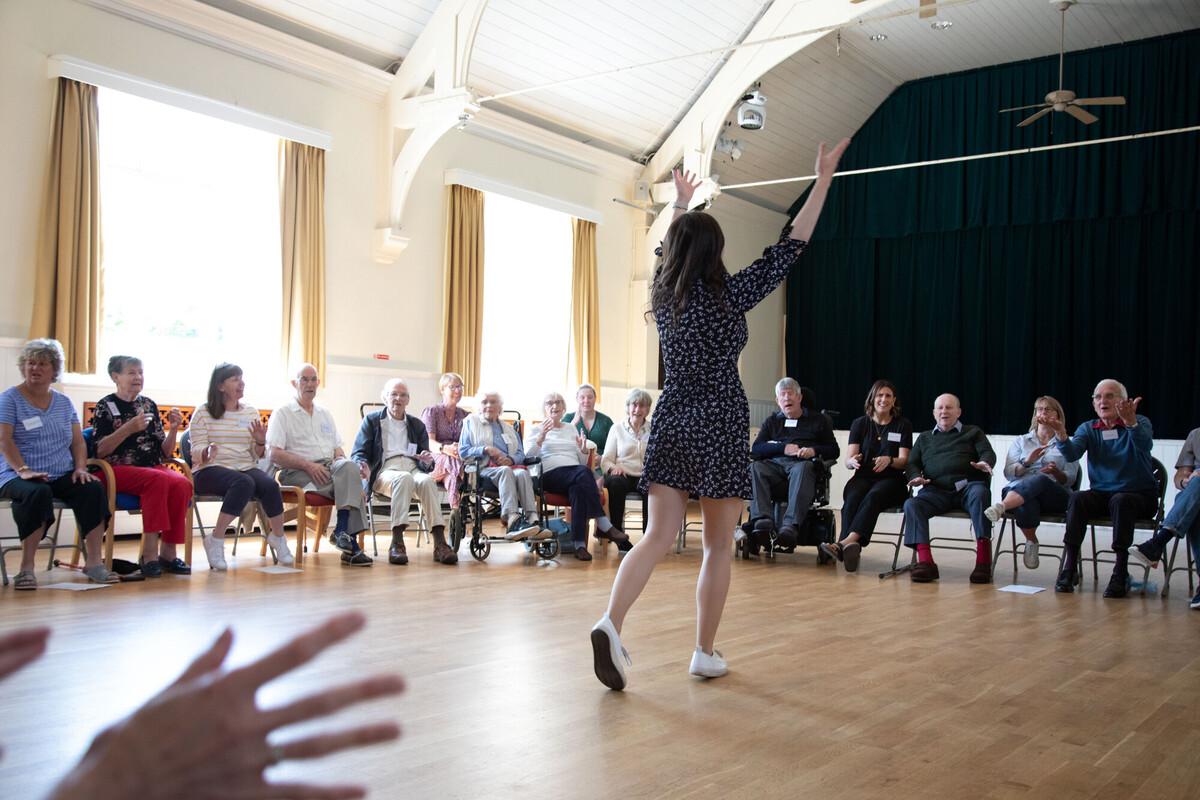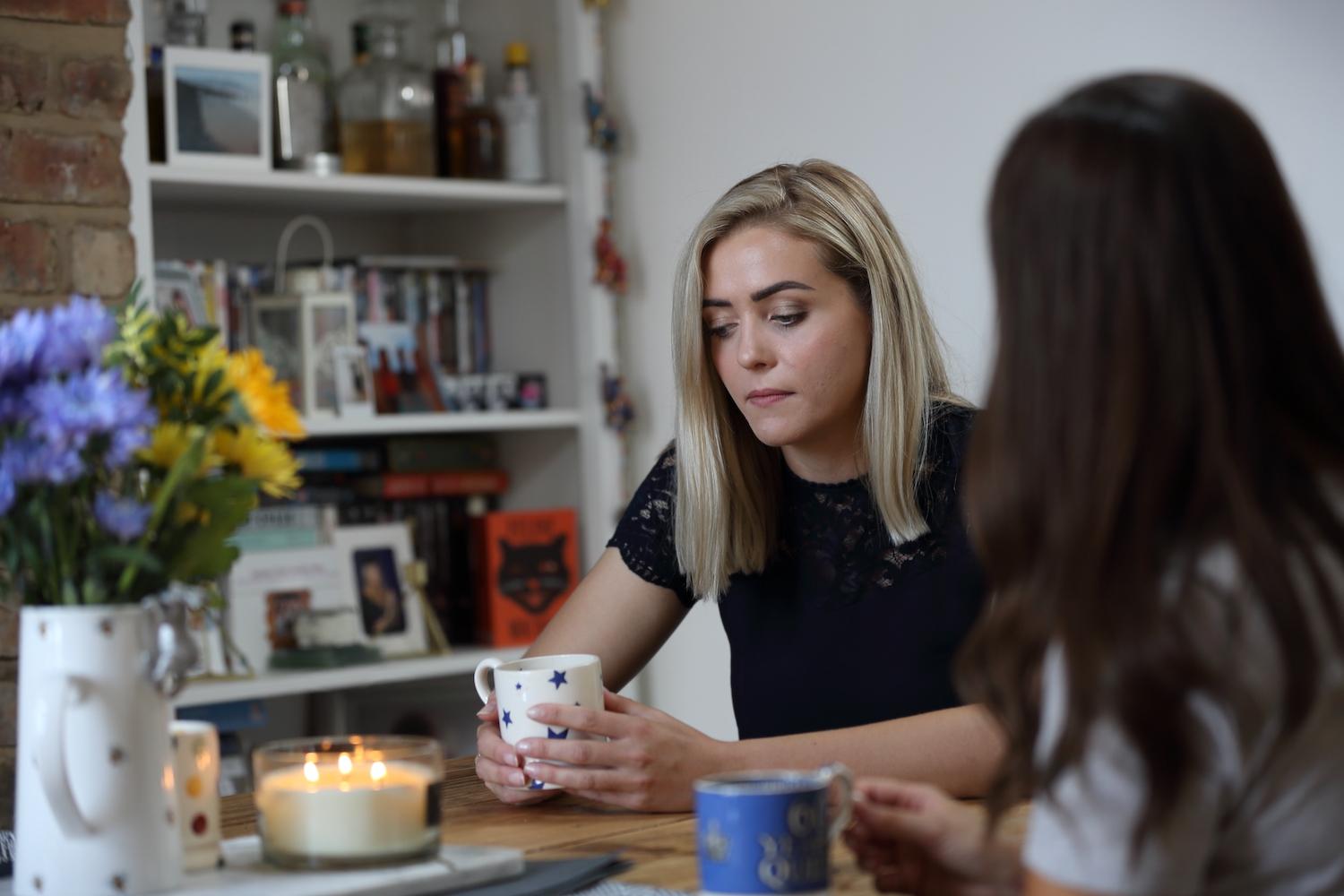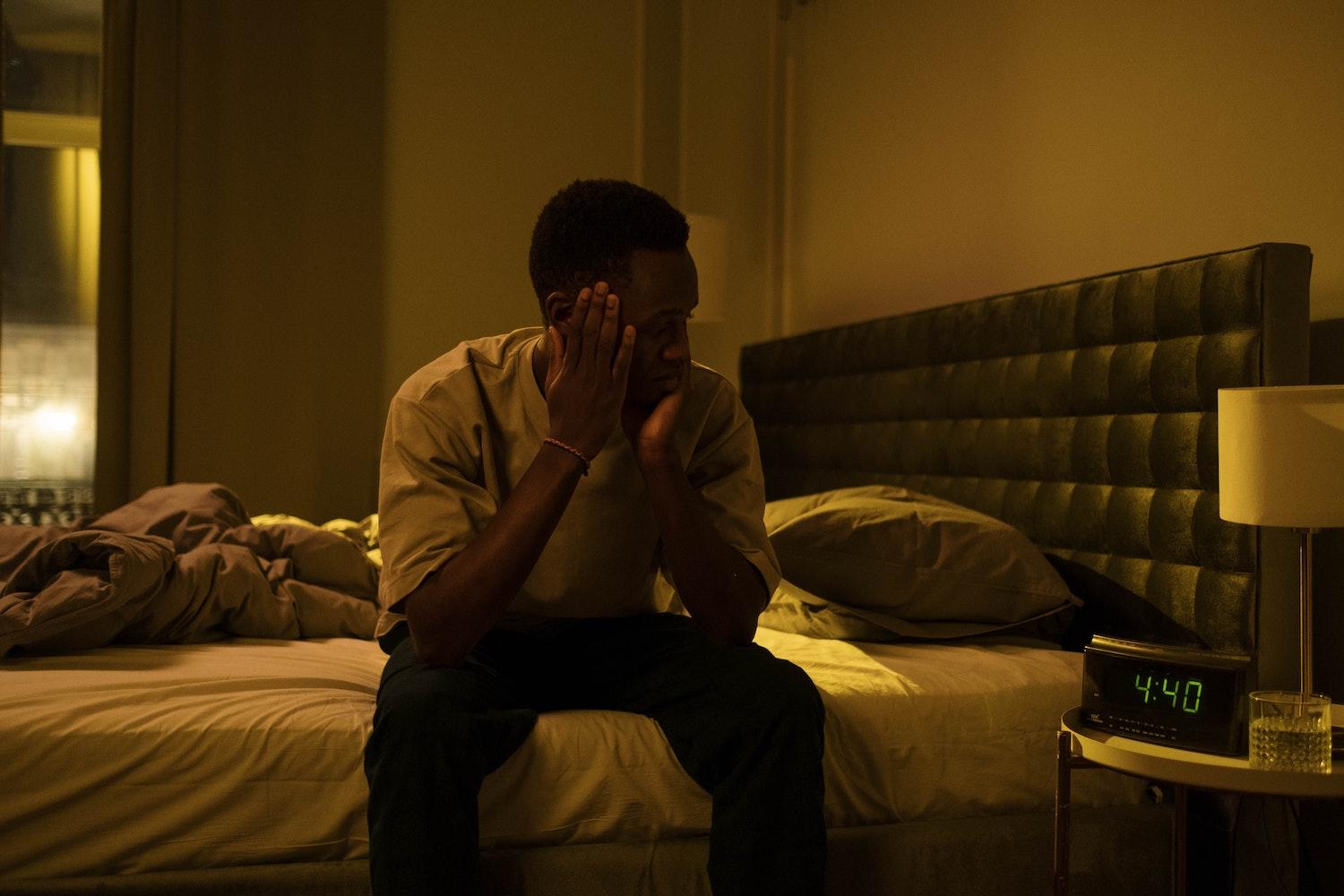Introducing Bob, our resident stroke survivor guest writer, sharing his inspiring stroke recovery journey. Join us as we explore his story of challenges, support, and valuable lessons, filled with hope, determination, and raising stroke awareness.
Hello there!
My name is Bob, I am a stroke survivor (but that's not all that I am!) and today I'd like to share my story with you. It may get a bit bumpy further down the road but what a life would it be if it wasn't?
As a stroke survivor, I've found myself on a journey filled with challenges and newfound strength. Through the support of my loved ones and the community which I found here at the Stroke Association, I've been able to rebuild my life and find hope amidst adversity. I hope you'll join me on this recovery journey and share in the lessons I've learned along the way.
The day it happened - February 2022
I was enjoying a gentle retirement, living with my wife, when one evening I noticed my right hand and foot weren't working properly. My wife called for an ambulance and I waved goodbye to her as they took me away. My everyday life has been affected since that time.
The event itself was terrifying. I was totally unable to understand what was happening to me as I passed through a dream-like hallucinatory stage in the hospital to which I had been admitted.
At this point I did not know where I was, what was happening to me and why I couldn't go home. I was very frightened. It took place over a few days, my memory of this is very hazy.
A while later, in that same hospital, I was laid on my back in bed, unable to move unaided. Every so often someone would feed me, wash me, give me medication, take blood pressure and so on.
Gradually the thickened drinks were replaced with an ordinary hot cuppa. I was allowed solid food and a choice from a hospital menu. All the time I was lying on my back on a sort of half inflated mattress with things that pumped up and down on my legs. All of this was to avoid blood clots, bed sores and so on. Each day I was carefully examined to make sure my condition was not worsening.
I was kept fed, clean and comfortable, though perhaps not that comfortable. I did not sleep. Activity around me in the day time made things less boring, but the nights were long, long, lonely times.
My wife, ancient like myself, could not make the journey to see me. We had to continue without one another's company for the two months I was in hospital. I saw others get regular visits but there were none for me. I compensated by chatting to the other patients on my ward and exchanging words with nurses as they busied themselves around the ward.
Then one day someone, I think from the Stroke Association, asked if I would like to speak over a phone on a video call with my wife. They arranged this for us and we had a good long chat. I had missed her so much!
The days dragged on. I was taken out of bed and put in a wheelchair. I could use a commode instead of that bed pan, but I still needed help to do all this. A physio helped me to try walking, though I did not manage to do it alone before I left hospital.
I left for home in a wheelchair after my two-month stay. I was grateful to the nurses, doctors and physiotherapists for looking after me and to my fellow patients for their company but I was glad to be leaving.
Do I really belong here? This question has haunted me all of my life.
Two months later and out of hospital
I was to face challenges and gain some success when I got home. The first part of my experience as a person affected by stroke had reached an end but there was more ahead. I had a long way to go yet.
When I got home a room downstairs with a bed, a wheelchair, a table and a commode had been set up for me. Soon I would acquire a laptop computer, but first I had carers to contend with.
I was awkward, I was confused, I was housebound, but I would somehow fit in. My paid carer, insisting I was doing it all wrong, said she had twenty years experience. I didn't say anything but decided that at the earliest opportunity I would opt out. I certainly didn't want another twenty years of this. It was not for me. Another carer, who never informed me of her length of service did give me a couple of useful tips about the operation of my newly acquired laptop computer.
I was imprisoned in the house seemingly unable to stir without some help from a carer. Just before midday they got me out of bed, toileted, washed and dressed and barked orders at my wife, before disappearing in the whirlwind in which they arrived, all in about ten minutes.
At 7:30pm they whisked me from in front of the television and the company of my wife back to bed. I was given sixteen hours in bed and eight hours up and awake. The carers insisted that was the way things had to be and marched back out of the house, slamming the door as they left.
. . . but this is me so that is not quite how things were going to be.
Though the physiotherapist had not managed to get me walking while I was in hospital she did teach me a useful trick called a transfer. This allowed me to move from bed to wheel chair and back unaided when I wanted. By this means I gained some mobility.
Immediately after the carers left in the evening I returned in my wheelchair to continue watching television with my wife. In the morning I would rise at around 7:00am and park myself at my laptop for a few hours, getting back in bed so the carers could go through their routine, in that way things had to be done, each morning at 11:00am.
This went on until it was announced that we would have to pay for them to continue to perform their service. I said we would try for a little while without them to see if we could manage.
This was just another step in a series of many. Nothing is certain, everything is a challenge. The past is forever gone.
Meet me again, on the My Stroke Guide forum, at a Zoom Open Group Meeting or here, next time on the Bobbi Blog.
Keep on keepin' on.
Bobbi
Other blogs in this category

Community, connection and coping - support for your mental health after stroke
Having stroke can impact on your daily life, relationships, and…
Learn more

Feelings of grief after a stroke
The process of coming to terms with a stroke diagnosis can be…
Learn more

Struggling with sleep? You're not alone
Getting enough sleep is an important part of stroke recovery.…
Learn more
